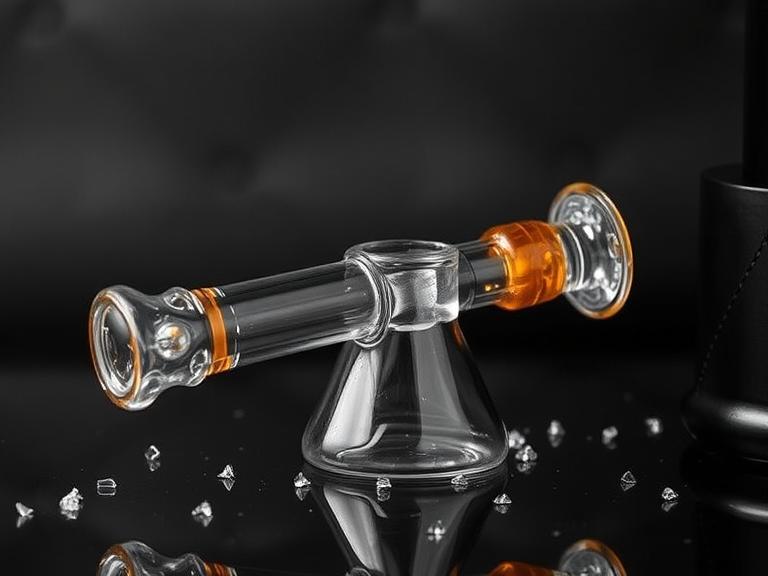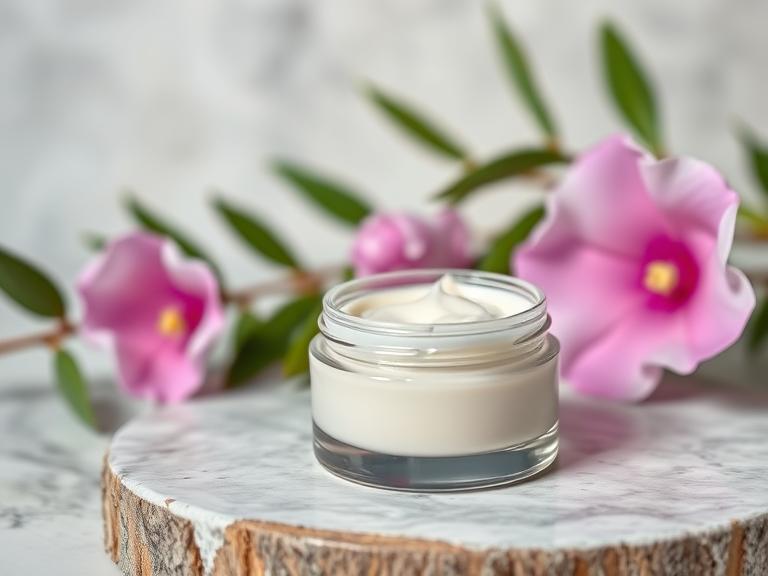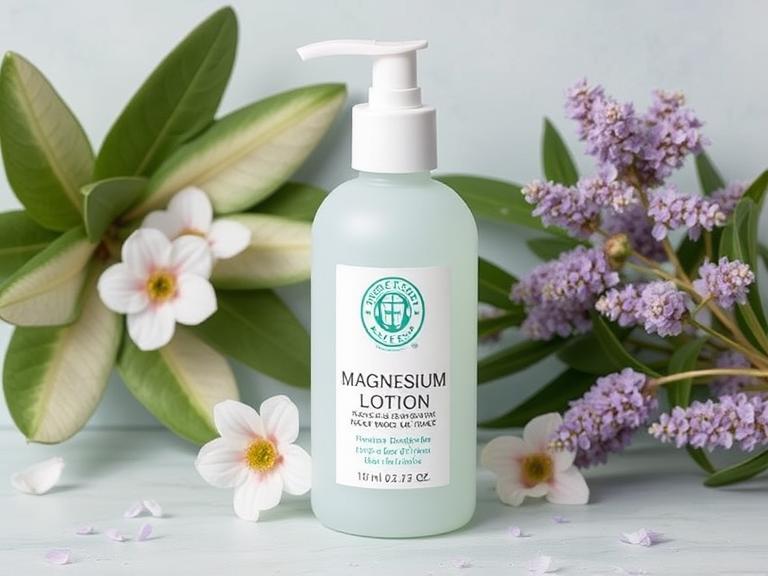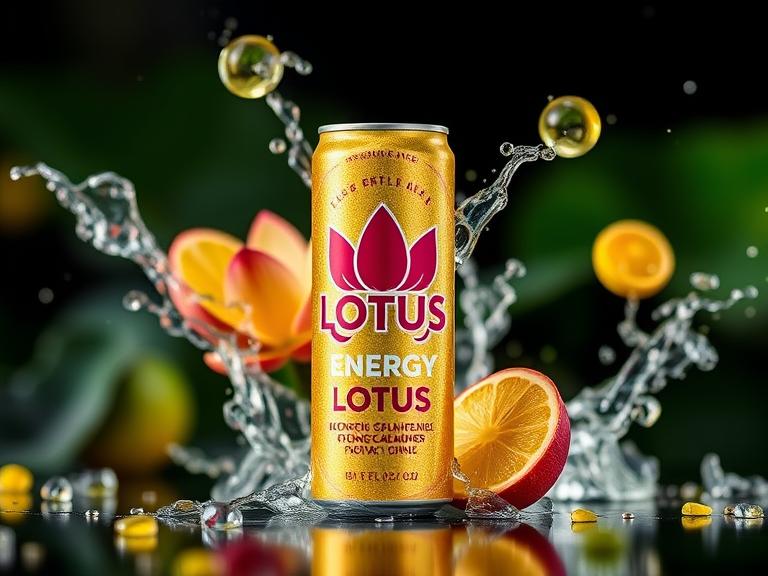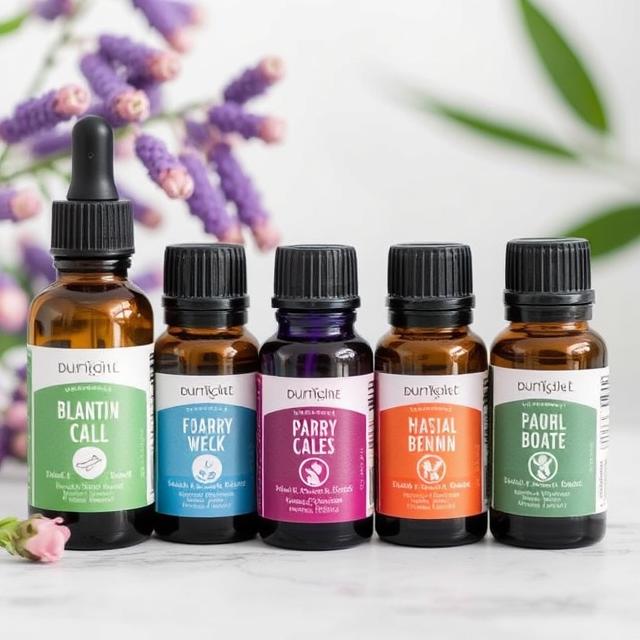
do essential oils go bad
do essential oils go bad
Table of Contents
Ever thought about if your essential oils have an expiration date? Yes, they do. Knowing how long they last is key to keeping them strong and safe.

The life of essential oils depends on a few things. These include how you store them, the type of oil, and the packaging. If stored right, some oils can last longer than others. But using old or bad oils can make them less effective or even cause skin problems.
Key Takeaways
- Essential oils have a limited shelf life.
- Proper storage can extend the life of essential oils.
- Different oils have different shelf lives.
- Using expired oils can be ineffective or cause skin irritation.
- Understanding oil expiration is key to safe usage.
The Shelf Life Reality of Essential Oils
Essential oils don’t last forever. Their shelf life depends on several factors. Knowing these factors helps keep your essential oils effective and of high quality.
Common Misconceptions About Essential Oil Expiration
Many think essential oils stay good forever. But, they do lose potency over time. Storing them right can help, but they won’t last forever.
Why Quality Matters for Longevity
The quality of an essential oil affects how long it lasts. Oils made with the right methods stay good longer.
Organic vs. Conventional Oil Differences
Organic essential oils are pure and free from synthetic additives. But, their shelf life might be shorter. This is because they lack preservatives. Yet, they are considered better in quality.
Choosing essential oils means looking at how they’re made, stored, and their chemical makeup. These, along with quality, decide their shelf life.
Understanding these points helps manage your essential oils. This way, they stay potent for as long as possible.
Do Essential Oils Go Bad? The Simple Answer
Essential oils, like any product, have a limited shelf life. Many wonder if they go bad. The answer depends on several factors.
Chemical degradation is a big concern for essential oils’ shelf life. This process breaks down the oil’s chemicals over time. It’s affected by light, heat, and oxygen.
Chemical Degradation Process Explained
Essential oils degrade chemically due to environmental factors. Heat, for example, speeds up chemical reactions. This can create unwanted compounds.
Oxidation and Its Effects on Essential Oils
Oxidation also impacts essential oils’ quality. When oils meet oxygen, they can oxidize. This leads to the formation of peroxides and other unwanted products. It can change the oil’s smell and therapeutic value, and even cause skin irritation.
The Science Behind Oil Deterioration
The breakdown of essential oils involves complex chemical reactions. Knowing these reactions helps keep oils fresh. By controlling temperature, light, and oxygen, you can extend their shelf life.
In short, essential oils do degrade due to chemical changes and oxidation. Storing and handling them properly can help keep their quality.
10 Clear Signs Your Essential Oils Have Gone Bad
It’s important to check if your essential oils have expired. They can lose their effectiveness and even cause harm if used past their prime.
Visual Indicators of Spoilage
Start by looking for visual signs of spoilage. Changes in color are a big clue; if a clear oil turns cloudy or dark, it’s likely gone bad. Also, watch for sediment or particles at the bottom of the bottle. These can mean contamination or oxidation.
Scent Changes That Signal Expiration
A change in scent is another key sign. If your essential oil smells different or rancid, sour, or sharp, it’s probably spoiled. Fresh oils should have a strong, distinct smell. A weak or off smell means they’ve degraded.
Texture and Consistency Warning Signs
Essential oils should have a consistent texture. If an oil becomes thicker, thinner, or separated, it may have degraded or been contaminated. For example, some oils may get more viscous or form layers, showing they’ve lost quality.
Testing Methods for Oil Freshness
To check if your essential oils are fresh, try a few tests. Smell the oil directly from the bottle; if it’s weak or bad, it’s expired. You can also dilute a small amount in a carrier oil and apply it to your skin. If you get irritation or the scent is off, it’s best to throw it away.
Knowing these signs and testing your essential oils often will help you use high-quality, safe products.
Shelf Life Chart: How Long Different Essential Oils Last
The shelf life of essential oils is key to keeping their health benefits and scent. Each type of essential oil lasts differently. It’s important to know how to store and use them right.
Citrus Oils: The Shortest-Lived Category
Citrus essential oils, like lemon, orange, and grapefruit, don’t last long. This is because they have a lot of limonene, which can easily break down.
- Lemon essential oil: 6-12 months
- Orange essential oil: 6-12 months
- Grapefruit essential oil: 6-12 months
Keep these oils in a cool, dark spot to make them last longer.
Middle-Range Oils: Floral and Herbal Varieties
Floral and herbal essential oils, like lavender and peppermint, last a bit longer. They’re more stable than citrus oils but need the right storage.
- Lavender essential oil: 2-3 years
- Peppermint essential oil: 2-3 years
Long-Lasting Oils: Woods, Resins, and Roots
Essential oils from woods, resins, and roots, like sandalwood and frankincense, last a long time. They can stay good for years if stored properly.
- Sandalwood essential oil: 4-6 years
- Frankincense essential oil: 4-6 years
Having an essential oil shelf life chart helps you know how long your oils will last. It’s vital to store and handle them correctly to keep them fresh.
7 Factors That Affect Essential Oil Longevity
Knowing what affects essential oil longevity is key to keeping them potent. Essential oils can last a long time if cared for right. But, several important factors can change how long they last.
Extraction Method Impact
The way essential oils are extracted from plants greatly affects their shelf life. Steam distillation and cold pressing are two main methods. Steam distillation uses steam, which can change the oil’s makeup and stability.
Cold pressing, used for citrus oils, squeezes the oil from the peel. This method keeps the oil’s natural antioxidants.
Steam distillation oils tend to last longer because the heat kills bacteria. But, cold-pressed oils can oxidize faster because of their high limonene content.
Container Material Considerations
The material of the container is very important for keeping essential oils fresh. Glass containers are best because they don’t react with the oil. Dark glass also protects the oils from light damage.
Look for thick, dark glass bottles with tight seals. A well-sealed, dark glass bottle keeps oils fresh by blocking air, light, and contaminants.
Environmental Exposure Factors
Heat, light, and oxygen can all harm essential oils. Heat can break them down, and light can cause off-flavors. Oxygen can also spoil the oil.
Keep essential oils in a cool, dark spot, away from sunlight and heat. Use tight-fitting lids and try to keep the bottle closed to reduce oxidation.
By managing these factors, you can make your essential oils last longer. This ensures they stay effective and safe to use.
Proper Storage Techniques to Extend Essential Oil Life
Storing essential oils right is key to keeping them fresh. These oils can spoil fast if they’re not stored well.
Temperature Control Essentials
Temperature affects how fast essential oils spoil. Keep them in a cool, steady place, away from heat. It’s best to store them between 60°F to 70°F (15°C to 21°C).
Light Exposure Management
Light, like sunlight and UV rays, can harm essential oils. Use dark glass containers to shield them from light. Keep these containers in a dark spot or cabinet to reduce light.
Air Contact Minimization Strategies
Keeping essential oils away from air is important to stop them from spoiling. Make sure the containers are tightly closed when not in use. Containers with minimal headspace also help reduce air contact.
Room-by-Room Storage Solutions
Each room in your home has its own conditions for storing essential oils. For example:
- The pantry or a cupboard is great because it’s cool and dark.
- A bathroom is not good because of temperature changes and humidity.
- In a bedroom, keep the oils away from sunlight and heat.

The Safety Concerns of Using Expired Essential Oils
Using expired essential oils can be risky. As they age, their makeup changes. This can lead to bad effects when used.
Skin Reaction Risks and Prevention
One big worry is skin reactions. Old essential oils can irritate or cause allergic reactions. To avoid these issues, it’s important to:
- Always do a patch test before using an essential oil, even if it’s close to or past its expiration date.
- Mix essential oils with a carrier oil to lessen their strength.
- Stop using if you notice any bad skin reactions.
Respiratory Considerations When Diffusing Old Oils
Diffusing old essential oils can harm your breathing. The breakdown of oil parts can release harmful particles into the air. This can worsen breathing problems like asthma. To lessen these risks:
- Don’t diffuse essential oils that are past their expiration date.
- Make sure the area where you diffuse essential oils is well-ventilated.
- Keep the time you diffuse oils short.
Therapeutic Efficacy Reduction Timeline
Expired essential oils are not just risky; they also lose their healing power over time. How fast they break down depends on the oil type, how it’s stored, and how it’s made. Most essential oils stay effective for 1-3 years if kept right. But, some oils like citrus ones don’t last as long.
Knowing these risks and taking steps to prevent them can help. This way, you can use expired essential oils safely and get the most out of them.
How to Repurpose Older Essential Oils
Don’t throw away older essential oils yet. There are many creative ways to use them again. You can refresh your aromatherapy routine and other household uses.
Blending Techniques for Aging Oils
Blending older essential oils with fresh ones is a great idea. It can cover up any bad smells or changes. Mixing different oils creates new scents with health benefits. For example, mixing old lavender with fresh peppermint makes a calming and refreshing blend.

Household Cleaning Applications
Older essential oils are great for cleaning. They can make natural cleaners, disinfectants, or air fresheners. For example, mix old lemon oil with water and vinegar for a green cleaning solution.
Craft and DIY Projects for Expired Oils
Even expired essential oils have uses in crafts and DIY projects. You can add them to homemade candles, soaps, or potpourri. A few drops of older essential oils can make your DIY items smell nice and valuable.
Exploring these uses helps reduce waste and makes the most of your essential oils. Even when they’re not good for aromatherapy, they can be useful.
Best Practices for Purchasing Essential Oils
Buying essential oils requires careful thought for quality and longevity. To get the best essential oils, follow these tips.
Checking Production and Expiration Dates
It’s important to check the production and expiration dates of essential oils. They can lose potency and safety over time. Look for the batch number or production date on the packaging. Some suppliers give a “best by” date or shelf life advice. Always choose oils with clear labeling for freshness.
Reputable Supplier Selection Criteria
Finding a reliable supplier is key for quality essential oils. Here are some important factors:
- Transparency about sourcing and production methods
- Clear labeling, including ingredient lists and usage instructions
- Positive customer reviews and ratings
- Certifications from recognized third-party organizations
Choosing a supplier that meets these criteria ensures high-quality oils.
Quantity Considerations for Optimal Freshness
Buying the right amount of essential oils is important for freshness. While bigger quantities might seem cheaper, they can go bad if not used quickly. Consider your usage needs and buy what you need. For oils you don’t use often, smaller amounts are better to keep them fresh.
Essential Oil Preservation Tools Worth Investing In
Keeping essential oils fresh needs the right tools. The right storage and care can make these oils last longer.
Dark Glass Containers That Protect Quality
Storing essential oils in dark glass containers is a smart move. These containers block light, which helps keep the oils’ healing powers strong. Choose amber or cobalt blue glass for the best protection.
Refrigeration and Cooling Options for Delicate Oils
For oils like citrus, refrigeration is key. It slows down the oil’s aging, keeping it fresh.
Preservation Accessories for Serious Aromatherapists
For those serious about aromatherapy, tools like oil pipettes and tight lids are a must. They keep air and dirt out, making the oils last longer.
Cost-Benefit Analysis of Storage Solutions
| Storage Solution | Cost | Benefit |
|---|---|---|
| Dark Glass Containers | Moderate | High Protection |
| Refrigeration | Low | Extended Shelf Life |
| Preservation Accessories | Variable | Minimized Contamination |
Choosing the right tools for preserving essential oils is a smart investment. With the right storage, your oils will stay fresh and potent for longer.
Conclusion: Maximizing Your Essential Oil Investment
Knowing how long essential oils last and how to store them is key. This knowledge helps you keep your oils fresh and safe. It ensures they work well and are good to use.
To make your essential oils last longer, store them right and check their quality often. Use them before they expire. Also, keep them in the right containers, away from heat, light, and air.
By following the tips in this article, you can enjoy your essential oils more. They’re great for aromatherapy, skincare, and more. Paying attention to their quality and shelf life will make your investment worthwhile.
FAQ
What is the average shelf life of essential oils?
Essential oils’ shelf life varies. It depends on the type, quality, and how you store them. Citrus oils usually last 1-3 years. Woods and resins can last 5 years or more.
How can I tell if my essential oils have gone bad?
Look for color or texture changes and scent shifts. These signs indicate expiration. You can also smell the oil or use an oxidation test to check freshness.
Can I use expired essential oils?
It’s best not to use expired essential oils. But, you can use them for cleaning, crafting, or DIY projects. Just don’t use them on your skin or for health benefits.
How should I store my essential oils to extend their shelf life?
Store them in dark glass containers. Keep them away from heat, light, and oxygen. Store in a cool, dry place. For delicate oils, consider refrigeration.
What factors affect the longevity of essential oils?
Extraction method, container material, and environmental factors like heat, light, and oxygen matter. The oil’s quality also affects its shelf life.
Can I blend old essential oils with new ones?
Yes, blending old with new oils is possible. But, the older oil might lower the blend’s quality and potency.
How can I preserve my essential oils?
Use dark glass containers and consider refrigeration. Look into cooling options and preservation accessories for aromatherapy.
Are there any safety concerns when using expired essential oils?
Yes, expired oils can cause skin reactions and respiratory issues. They may also reduce their health benefits. Always check the oil’s freshness before use.
What should I look for when purchasing essential oils?
Look at production and expiration dates. Choose reputable suppliers. Consider the amount you buy for freshness.
Can the quality of essential oils affect their shelf life?
Yes, better quality oils last longer than lower quality ones. Organic and conventional differences also affect shelf life.
Also Read:


